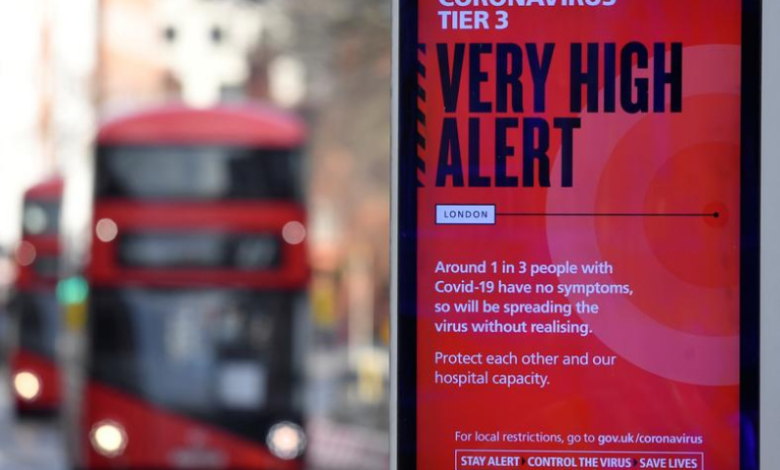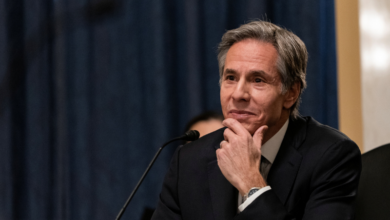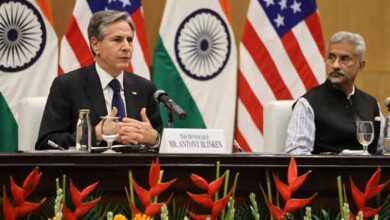Delta variant is ‘40pc more transmissible’, says UK minister

LONDON: The Delta variant of the coronavirus is estimated to be 40 percent more transmissible than the Alpha variant that caused the last wave of infections in the UK, Britain’s health minister said on Sunday.
But people who have received two doses of vaccine, should be equally protected against either variant, he added.
“That figure, around 40 percent more transmissible, is indeed the latest advice I have,” Health Secretary Matt Hancock told Sky News.
The Delta variant, also known as the Indian variant, is now the dominant strain in the UK, according to Public Health England figures.
It was the Alpha variant, previously known as the Kent variant, that forced the UK into lockdown in January.
Hancock said the 40 percent figure came from the government body of scientific advisors, SAGE.
Concerns are mounting over whether the emergence of the Delta variant threatens the government’s provisional June 21 deadline for lifting virus restrictions.
Hancock acknowledged that the Delta variant “does make the calculation more difficult for June 21”.
“We’ll look at the data for another week and then make a judgement,” he told the BBC on Sunday, stressing that the government was “absolutely open” to delaying the lifting of restrictions.
The minister nevertheless stressed that those who have had two doses of vaccine should be protected against illness from the Delta variant.
Public Health England said last month that research showed double vaccination was similarly effective against both the Kent and Delta variants.
“The best scientific advice I have at this stage is that, after one jab, it’s not quite as effective against the new Delta variant, but after both jabs, it is,” Hancock told the BBC.
So far hospitalisations are “broadly flat”, with very few hospitalised after receiving both vaccine doses, he added.
The UK has so far given more than 27 million people two doses — more than 50 percent of adults — while more than 40 million have had one dose.
Hancock said the government was “taking clinical advice” on whether to extend the vaccination programme to children over 12, who are believed to be playing a major role in spreading the virus. But this would not be mandatory, he added.






